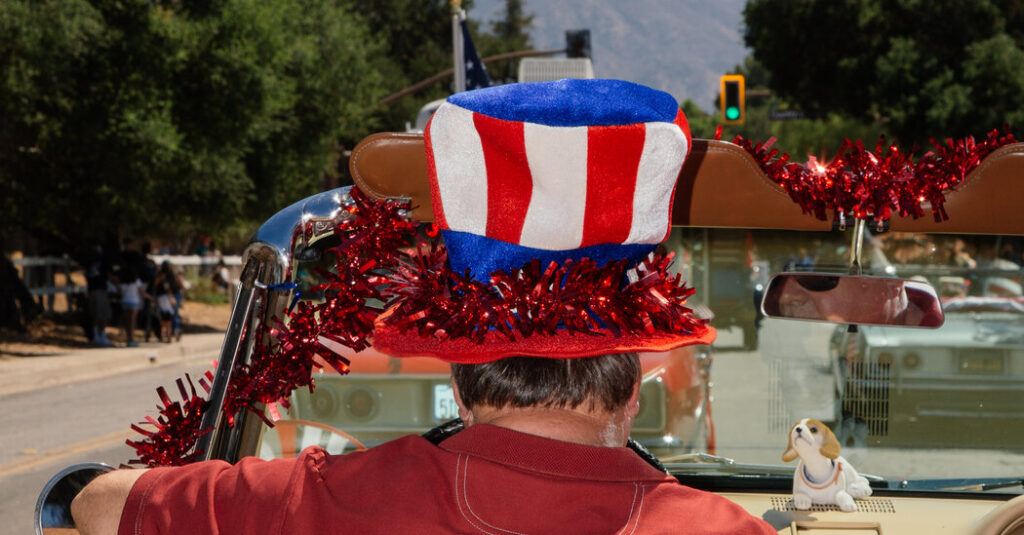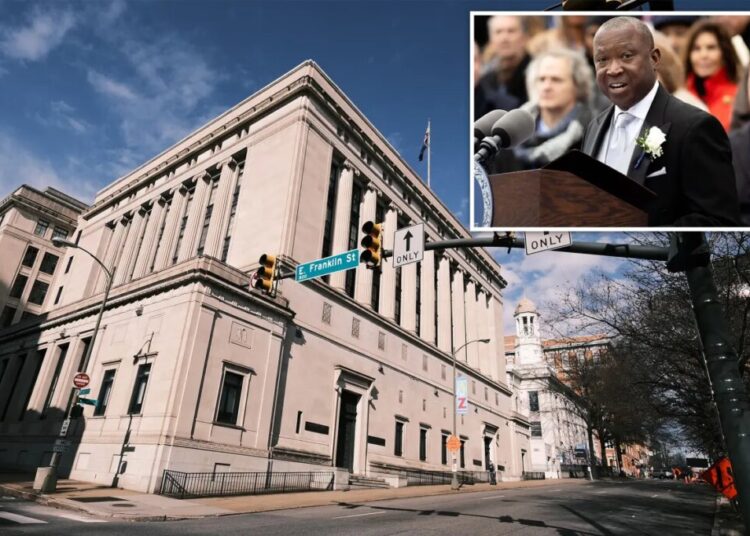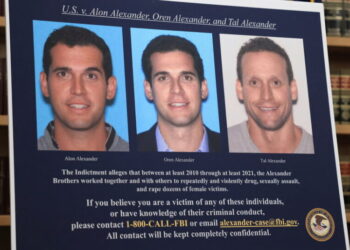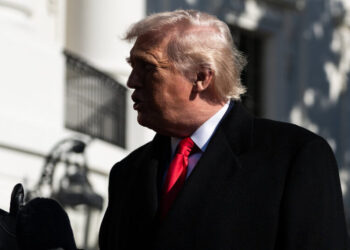Americans used to be nearly universally proud of their country. In January 2001, 90 percent of Republicans and 87 percent of Democrats said they were extremely or very proud to be American. Now the situation has changed. Today, 92 percent of Republicans still say they are very proud to be American, but only 36 percent of Democrats say that, according to a recent Gallup survey.
Members of the two parties have different sorts of pride in their country. Republican pride is unconditional. Democrats like Barack Obama and Joe Biden can get elected to the presidency, and it has almost no effect on the pride Republicans feel for America. Democratic pride is more conditional. It dropped a bit during George W. Bush’s first term, then began to gradually decline during the Great Awokening around 2014 and really collapsed during each of President Trump’s two terms.
The trend is especially strong among the young. More Gen Z Democrats say they feel little or no pride in being American than say they feel very proud.
I don’t side much with the party of MAGA these days, but my patriotism is more like the Republican kind — unconditional. My love of country this Thanksgiving season is not based on what this or that politician does, but on what America has always been.
Let me put it this way: Through most of Western history, leading thinkers regarded ambition as an unmitigated sin. For much of civilization, people have lived in societies with feudal pecking orders; everybody had the station they were born into and would die in — peasant, merchant, aristocrat. To be ambitious was to try to rise above your station and thus disturb the whole system. Children who showed hints of ambition were told the story of Icarus, the man who tried to fly too high above his station and crashed to to Earth, to his death.
Even a great man liked St. Augustine argued that Adam and Eve were cast out of paradise because Adam “hungered for more than should have sufficed.” Centuries later, John Calvin was also warning about people who were so overly ambitious that they lusted to eat from the tree of knowledge: “We all daily suffer under the same disease, because we desire to know more than is right, and more than God allows.”
Ambition’s reputation in Europe didn’t begin to shift until the discovery of the New World. Suddenly there were new continents to explore; it wasn’t a zero-sum world anymore. From the start, America aroused great dreams, great energies, great ambitions. J. Hector St. John de Crevecoeur, a Frenchman, came to America to fight in the French and Indian War in the mid-18th century and then settled on a farm up the Hudson River from New York. “A European, when he first arrives, seems limited in his intentions,” he wrote, “but he very suddenly alters his scale; two hundred miles formerly appeared a very great distance, it is now but a trifle; he no sooner breathes our air than he forms schemes and embarks in designs he never would have thought of in his own country.”
That’s what I love when I love America — its ability to arouse ambition, energy and activity. But here’s the catch. When you love America for its raw energy, you are loving it for a force that also produces crassness, materialism and, from time to time, immaturity. That is to say, the same cultural winds that propel the noble aspirations of an Abraham Lincoln, also propel the gaudy display of a Donald Trump and the occasionally recklessness of an Elon Musk.
America’s most faithful lovers have always seen that America’s spiritual greatness is intertwined with its embarrassing materialism. In his 1871 book, “Democratic Vistas,” Walt Whitman acknowledged Americans’ “almost maniacal appetite for wealth.” He lamented, “Never was there, perhaps, more hollowness at heart than at present.” Yet America’s striving ethos nonetheless serves as “a training school for making grand young men. It is life’s gymnasium” that produces “freedom’s athletes.” Whitman never stopped celebrating the nobility of regular working people: “Popular democracy, whatever its faults and dangers, practically justifies itself beyond the proudest claims and wildest hopes of its enthusiasts.”
Lincoln was regarded by Whitman, and by so many of the rest of us, as the embodiment of the American creed. His ambition, his law partner William Henry Herndon once said, was an engine that knew no rest. “I hold the value of life is to improve one’s condition,” Lincoln himself declared. It was precisely this same sense of possibility that Franklin Roosevelt loved about America, its capacity to encourage what his cousin Theodore called the “strenuous life.” Happiness, F.D.R. argued, “lies not in the mere possession of money; it lies in the joy of achievement, in the thrill of creative effort.”
These days it can seem that most Americans have lost faith in all that. A recent Wall Street Journal-NORC poll found that only 31 percent of Americans believe in the American dream —the idea that you can get ahead by working hard. Nearly half of Americans say they used to believe in it but no longer do, while 23 percent say they never did.
Maybe that state of demoralization explains why Americans watch passively as China leapfrogs us in one scientific and technological field after another. More papers in the elite scientific journals are now written by Chinese scholars than by American ones. Why are we not doing everything we can to preserve our status as the nation of futurity?
And yet I don’t quite believe that the American spirit has been as thoroughly trampled as it can sometimes appear. Yes, the country is in a low mood. But a nation’s cultural DNA is not something that gets rewritten in a decade. If you probe more deeply you find that Americans still hold on to the values that have for centuries defined us most clearly.
According to a July Pew survey, nearly 80 percent of Americans say immigration is “a good thing” for America. Only 30 percent of Americans want immigration levels to decrease.
A survey this year sponsored by the Reagan Institute found that 83 percent of Americans believe America should stand up for human rights and democracy around the world. A large majority believe that America should take the lead in international events, including 69 percent of Republicans and 73 percent of self-identified MAGA Republicans.
A study done by Seamus A. Power, Richard A. Schweder and others and published this year in the journal Ethos, found that Americans still love diversity. Two-thirds of them want a more ethnically and racially diverse nation than exists even now. A majority of white Christians have a multicultural conception of America. Only a tiny percentage believe in the “great replacement: theory. Only 1.1 percent believe that America should be ethnically and racially homogenous.
Some Democrats like Gov. Gavin Newsom of California seem to think they can win the White House by behaving more like Trump, by thinking more like Trump, by adopting that dark American carnage vibe. This strikes me as political lunacy. Look at history. Americans lost faith in themselves in the 1970s, after the failures of the Great Society, the retreat from Vietnam, the corruption of Watergate, the impotent presidency of Jimmy Carter, the rising crime and divorce rates, the awful stagflation, the decay of our largest cities. But was this loss of faith permanent? No, Americans elected Ronald Reagan president in 1980. They elected optimism, patriotism and hope. There is still, deep inside the nation’s core, a little engine that knows no rest.
The Times is committed to publishing a diversity of letters to the editor. We’d like to hear what you think about this or any of our articles. Here are some tips. And here’s our email: [email protected].
Follow the New York Times Opinion section on Facebook, Instagram, TikTok, Bluesky, WhatsApp and Threads.
The post What I Love When I Love America appeared first on New York Times.




